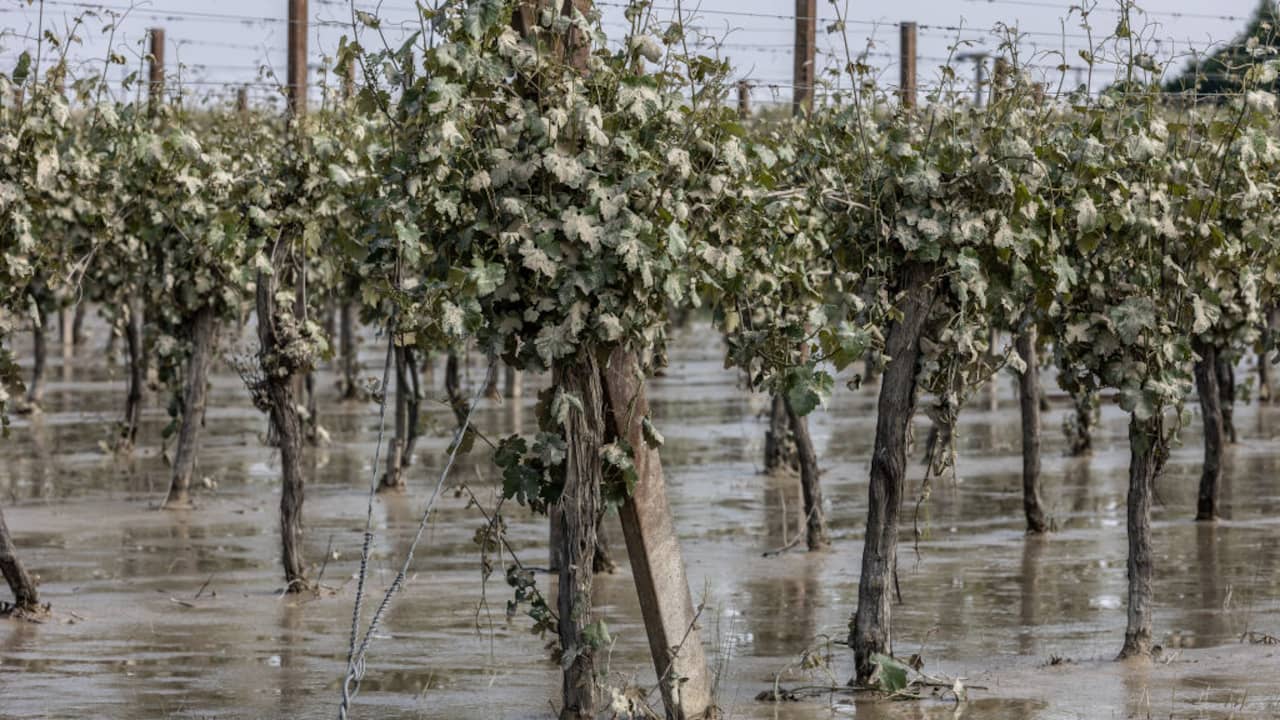This year’s wine grape harvest is expected to reach just under 44 million hectoliters of wine, according to calculations by the trade organizations UIV and Assoenologi with the agricultural institute Ismea. This represents a 12 percent decline compared to last year and the worst result in the past six years.
“This year the main role was played by Peronospora, a fungal disease that, thanks to the numerous rainfalls, has shown no mercy to many vines, especially in central and southern Italy.” The three organizations write this in their estimates for the harvest season. Peronospora fungi cause powdery mildew that can destroy crops and vines.
Fungi thrive especially well in moist, warm conditions. Remarkably, the northern regions of Italy, which generally suffer more from humid weather conditions, have managed to maintain their yields at a reasonable level. The most affected areas were Abruzzo, known as Montepulciano d’Abruzzo, and Molise. Vineyard production there will likely decline by 40 and 45 percent, respectively.
Paolo Nero, a small vine grower from San Paolo di Civitate in the south-eastern Puglia region, told Reuters that the fungus had completely destroyed his crop. “We already realized at the beginning of May that there would be no harvest,” he explained. “We work organically and noticed the fungal attack earlier.”
The United Nations Agriculture Organization has warned that climate change will cause more extreme weather conditions. This also carries risks for wine growers, who must take precautions.
Due to a sharp contraction in harvests, Italy may have lost its position as the world’s largest wine producer to France. But according to Ismia president Livio Bruetti, there will be no shortage of Italian wine, because many unsold stocks were created last year. “The problem is not that we are producing less wine, but that there is weak demand at home and abroad for table wines in particular.”


